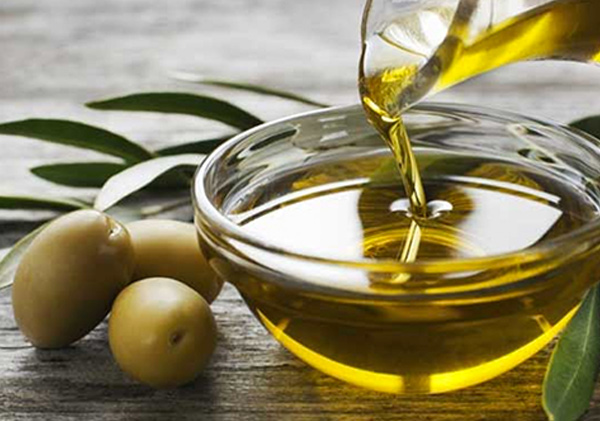Olive oil is a product with high added value. Tunisian extra virgin oil is marketed in almost all countries. Mohamed Ali Kotti gives us more details about this product.
Mohamed Ali Kotti, doctor of pharmacy, is passionate about and a lover of the olive tree and olive oil. Initially, he was interested in the organic cultivation of olive trees, the Chemlali variety, then in the production of quality olive oil. So he launched his brand Olea. In the first year, Mr Kotti won 12 medals in various international competitions.
We have extraordinary varieties which give very high quality olive oil with a distinguished aromatic profile. This oil is in great demand overseas, Kotti said. You have to find markets all over the world, because the price always depends on supply and demand. There is an olive oil exchange in every olive oil producing country. Now, we have to distinguish ourselves with organic, quality and marketing.
Bulk export
The local market consumes between 30,000 and 40,000 t annually. Most of the rest is exported in bulk. The export of packaged olive oil remains very low. There are markets that demand Tunisian olive oil, such as the American, Canadian or Chinese market, and this requires a marketing budget and knowledge of the regulations in force. The Tunisian state, through diplomatic representations, can help us establish ourselves in these countries.
Despite the difficulties, Mr Kotti encourages farmers to use organic farming. Indeed, the quality already begins in the field (the maturity index, cultivation by hand, transport in crate) and olive oil producers are called upon to make more effort to have an extra virgin quality oil. by controlling the industrial process (cold crushing, without adding water). Storage is very important to preserve the quality of the olive oil (stainless steel tank, protected from light, heat and air).
Olive oil requires all the care and delicacy to preserve its nutritional, taste and aromatic qualities.
The production for the 2020/2021 season was in the order of 140,000 t, while that of 2019/2020 was 440,000 t. This large difference in production is due to alternation and weather conditions, which is a handicap in maintaining international markets. Solutions must therefore be found to ensure continuity in production. This involves irrigation and the establishment of olive trees in intensive and super-intensive.



